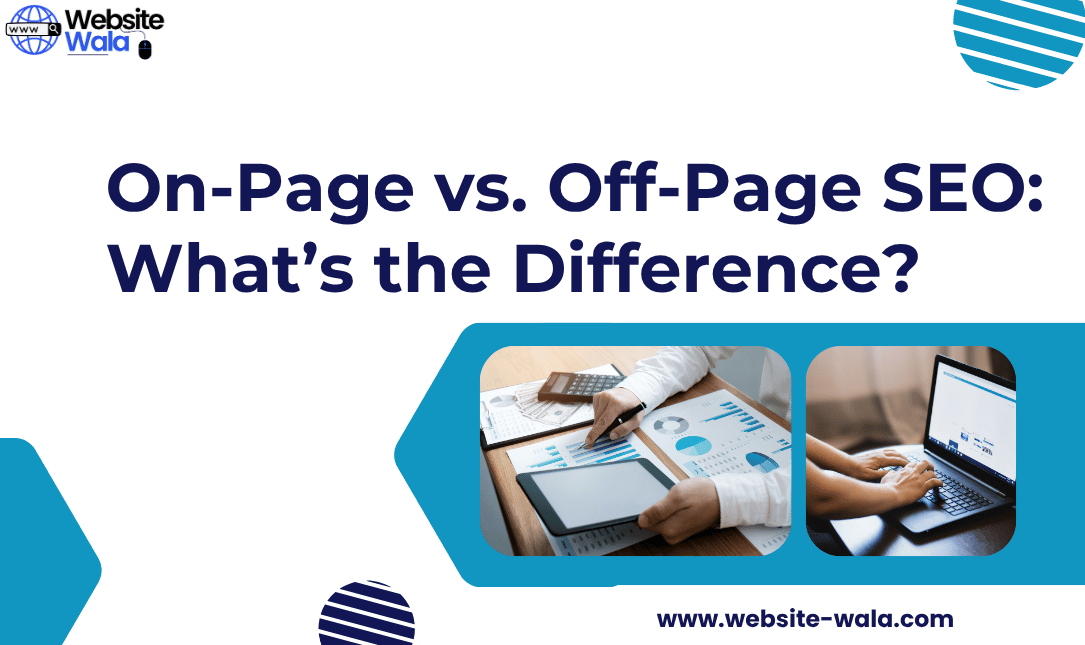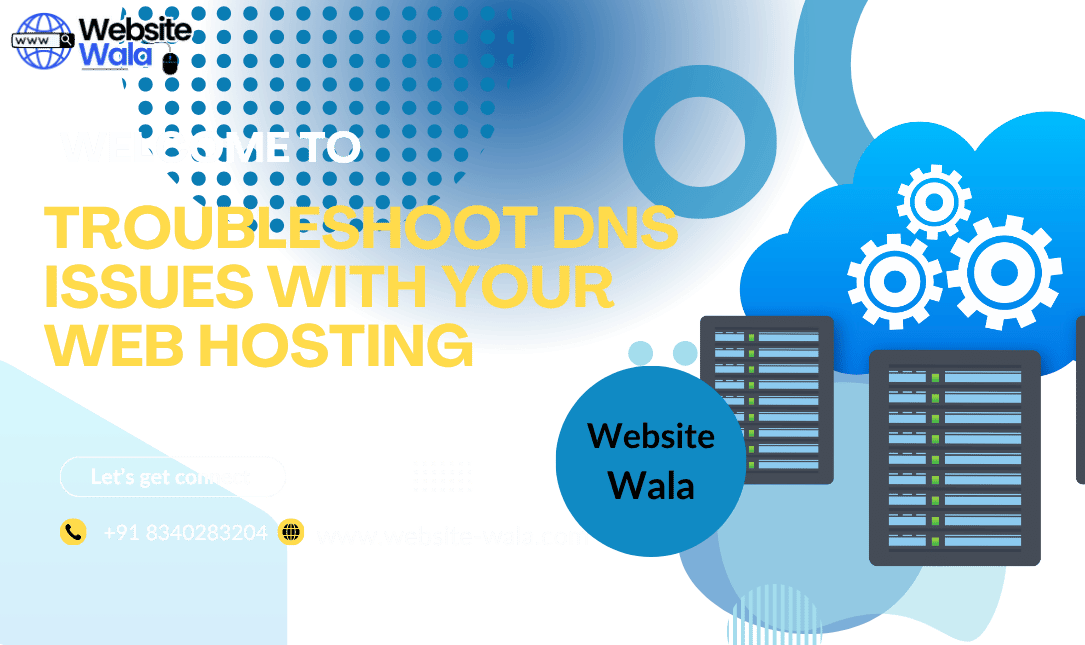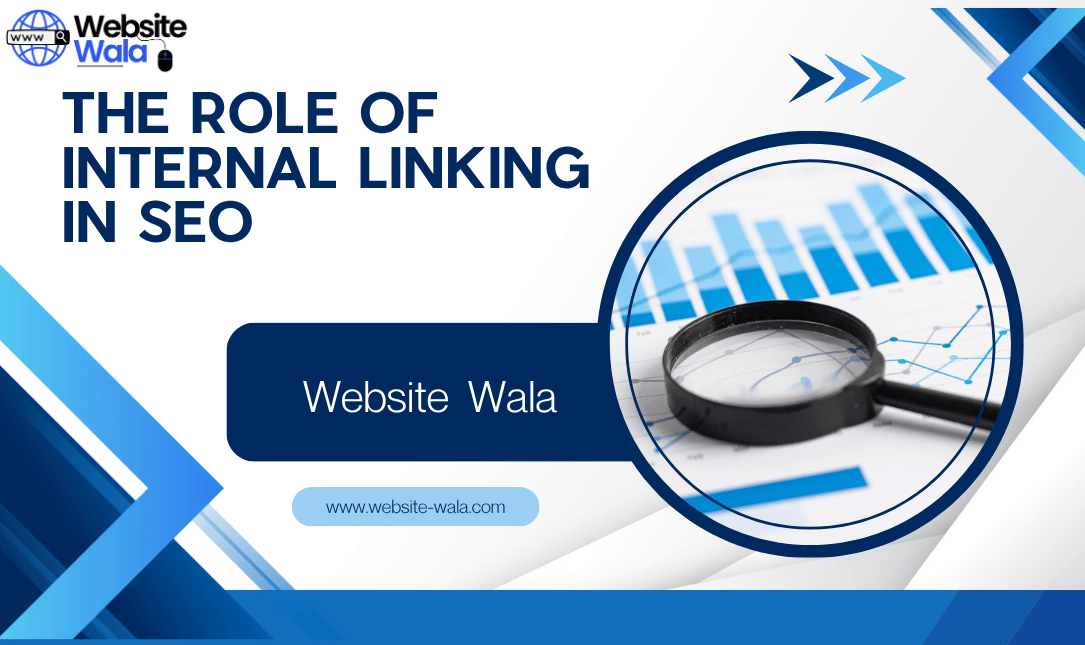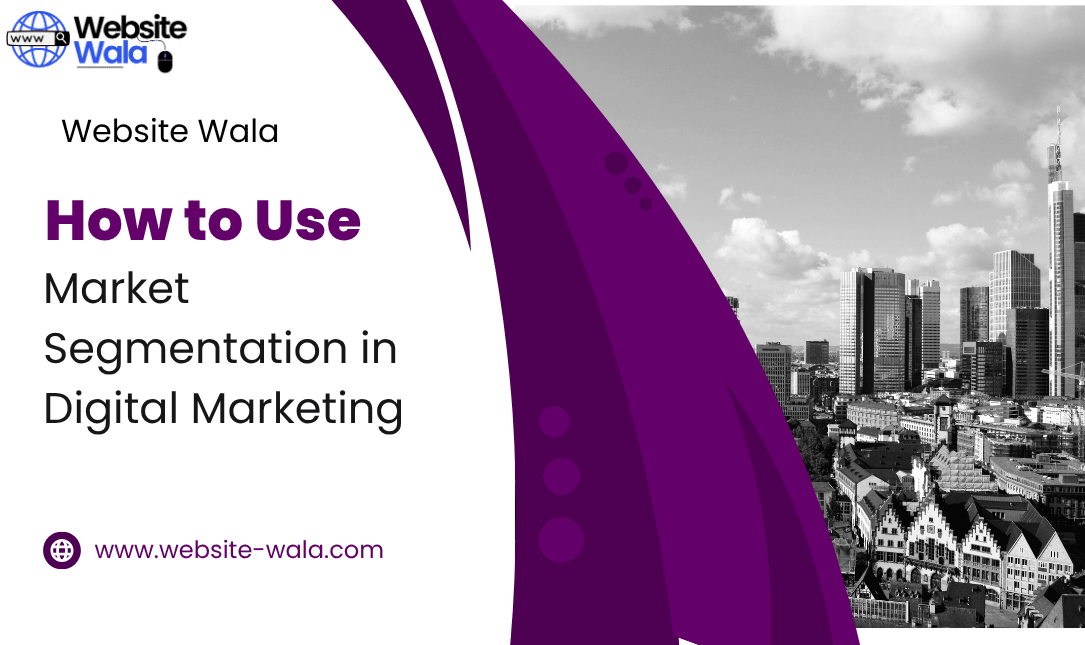
Discover On-Page vs. Off-Page SEO: What’s the Difference? Learn how both strategies boost your search engine rankings, website traffic, and online visibility.
On-Page vs. Off-Page SEO: What’s the Difference?
In the world of digital marketing, understanding On-Page vs. Off-Page SEO: What’s the Difference? is crucial for any business aiming to rank higher in search engine results. Both on-page SEO and off-page SEO play essential roles in website optimization and overall search engine optimization (SEO) success. However, they target different aspects of your website’s performance and visibility.
This detailed guide will explain On-Page vs. Off-Page SEO: What’s the Difference?—including their individual elements, importance, and how they work together to strengthen your website authority and increase organic traffic.
Understanding On-Page SEO
Before diving deeper into On-Page vs. Off-Page SEO: What’s the Difference?, let’s first define on-page SEO. Also known as on-site SEO, it refers to all the optimization activities performed within your website to improve its visibility in organic search results.
On-page SEO focuses on making your website user-friendly, fast, and relevant to both visitors and search engine algorithms. These improvements ensure that search engines can easily crawl and index your pages, helping your content rank higher for target keywords.
Key Elements of On-Page SEO
-
Keyword Optimization
Keyword optimization is at the core of on-page SEO. It involves researching and placing the right keywords in your titles, headings, meta descriptions, and content. By strategically using focus and secondary keywords, you can align your website with what users are searching for. -
Title Tags and Meta Descriptions
Title tags and meta descriptions are crucial HTML elements that describe your page’s content to both users and search engines. A well-crafted title and meta description can improve click-through rates and signal relevance to search engines. -
Content Optimization
Creating high-quality, engaging, and original content is the foundation of on-page SEO. Effective content optimization includes using relevant keywords naturally, incorporating multimedia, and ensuring readability. -
Internal Linking
Internal linking helps users and search engines navigate your site efficiently. Linking related pages together distributes page authority across your site and keeps visitors engaged longer. -
URL Structure and Site Navigation
Clean and descriptive URLs improve usability and crawlability. A well-organized structure allows search engines to understand the hierarchy of your content. -
Page Speed and Mobile Optimization
Fast-loading, mobile-friendly websites are favored by search engines. A seamless user experience can significantly impact your search engine rankings and website traffic.
When done correctly, these elements strengthen your site’s structure, increase visibility, and enhance user engagement—all key components of successful website optimization.
What Is Off-Page SEO?
Now that we’ve explored the first half of On-Page vs. Off-Page SEO: What’s the Difference?, let’s move on to off-page SEO (also known as off-site SEO). While on-page SEO happens within your site, off-page SEO refers to actions taken outside your website to improve its authority, trust, and relevance.
In simple terms, off-page SEO is all about how others perceive your website. It focuses on building a strong backlink profile, establishing credibility, and improving brand visibility across the internet.
Key Elements of Off-Page SEO
-
Link Building
Link building is the backbone of off-page SEO. Acquiring high-quality backlinks from reputable websites signals to search engines that your content is trustworthy and valuable. The quality, quantity, and relevance of backlinks directly impact your search engine rankings. -
External Linking and Anchor Text
External linking involves obtaining references from other websites, while the anchor text—the clickable part of a hyperlink—should be relevant and keyword-rich. Proper anchor text usage strengthens your backlink profile and helps search engines understand content context. -
Social Media Signals
Active engagement on social media platforms can boost your content’s reach, encouraging more backlinks and referral traffic. While social signals may not directly affect rankings, they improve online visibility and brand authority. -
Guest Blogging and Brand Mentions
Publishing high-quality guest posts or earning brand mentions on authoritative sites enhances credibility. These mentions—even without direct links—contribute to your website authority and trustworthiness. -
Reviews and Citations
Positive online reviews and business citations (especially for local SEO) help improve trust signals and drive more website traffic.
By focusing on off-page SEO strategies, you build your website’s reputation and strengthen its presence beyond your own domain.
On-Page vs. Off-Page SEO: What’s the Difference?
When comparing On-Page vs. Off-Page SEO: What’s the Difference?, the main distinction lies in where the optimization happens. On-page SEO deals with internal factors, while off-page SEO focuses on external factors that influence your website’s reputation.
| Aspect | On-Page SEO | Off-Page SEO |
|---|---|---|
| Focus Area | Inside your website | Outside your website |
| Goal | Improve site usability and content relevance | Build credibility and authority |
| Main Techniques | Content optimization, meta tags, internal linking | Link building, brand mentions, social engagement |
| Influence on SEO | Enhances user experience and site quality | Improves trust, reputation, and authority |
| Control | Full control | Limited control (depends on third parties) |
In essence, On-Page vs. Off-Page SEO: What’s the Difference? comes down to control and influence. On-page SEO gives you complete control over your content and technical elements, while off-page SEO relies on external factors like backlinks and brand mentions that influence your domain authority.
Both are equally important for achieving long-term SEO success.
How On-Page and Off-Page SEO Work Together
While understanding On-Page vs. Off-Page SEO: What’s the Difference? helps clarify their functions, the real power comes when both strategies work hand in hand. Search engines like Google use search engine algorithms that evaluate hundreds of ranking factors. Combining strong on-page SEO with effective off-page tactics creates a balanced and powerful optimization strategy.
For example, you can publish well-optimized content (on-page SEO) that earns backlinks from authoritative sites (off-page SEO). As your backlink profile grows, your website authority increases, which in turn helps your optimized content rank even higher.
Best Practices for Combining On-Page and Off-Page SEO
-
Start with Strong On-Page SEO
Ensure your website is technically sound before pursuing off-page strategies. Without a solid foundation—fast loading speed, proper meta tags, and structured content—backlinks won’t have as much impact. -
Create Link-Worthy Content
Quality content is essential for link building. Write comprehensive, valuable, and shareable posts that naturally attract links. -
Leverage Social Media and Influencers
Promote your optimized content on social platforms and collaborate with influencers to increase visibility and referral traffic. -
Monitor Your Backlink Profile
Use SEO tools to track your backlinks and remove low-quality links that could harm your search engine rankings. -
Optimize Continuously
SEO is an ongoing process. Regularly update your content, refine your keyword optimization, and adapt to new search engine algorithms.
Conclusion: Why Both Matter in SEO Success
Understanding On-Page vs. Off-Page SEO: What’s the Difference? is vital for any effective digital marketing strategy. On-page SEO ensures your website is optimized for users and search engines, while off-page SEO builds your site’s reputation and authority across the web.
To achieve lasting results in search engine optimization, you must integrate both. A perfectly optimized page with strong external validation leads to higher search engine rankings, increased website traffic, and improved online visibility.























